Keywords: Common Good
There are more than 200 results, only the first 200 are displayed here.
-
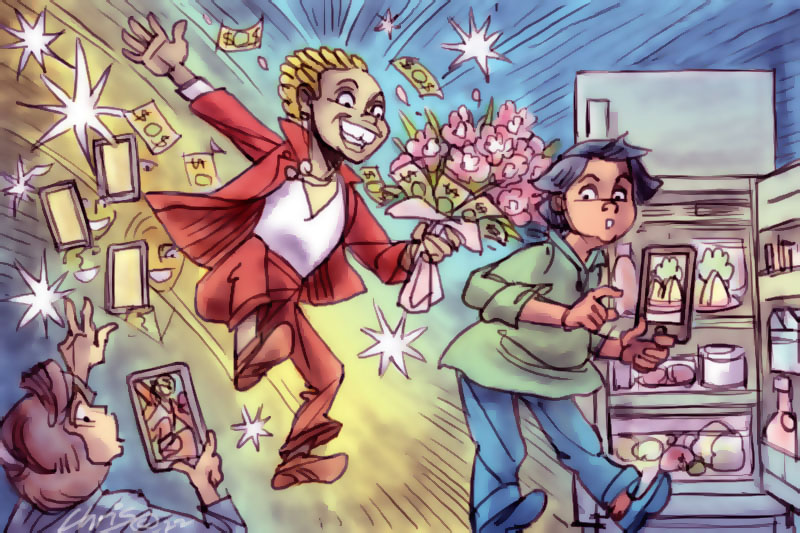
ARTS AND CULTURE
- Cherie Gilmour
- 02 August 2022
6 Comments
We all know the Internet can be a seething cesspool of vitriol, so the presence of heart-warming videos of people slipping $20 into someone’s coat pocket or randomly complimenting a stranger, even the ubiquitous handing out of flowers, is largely welcome. But is this actually kindness? If an act of kindness happens and no one is there to film it, did it really happen?
READ MORE
-
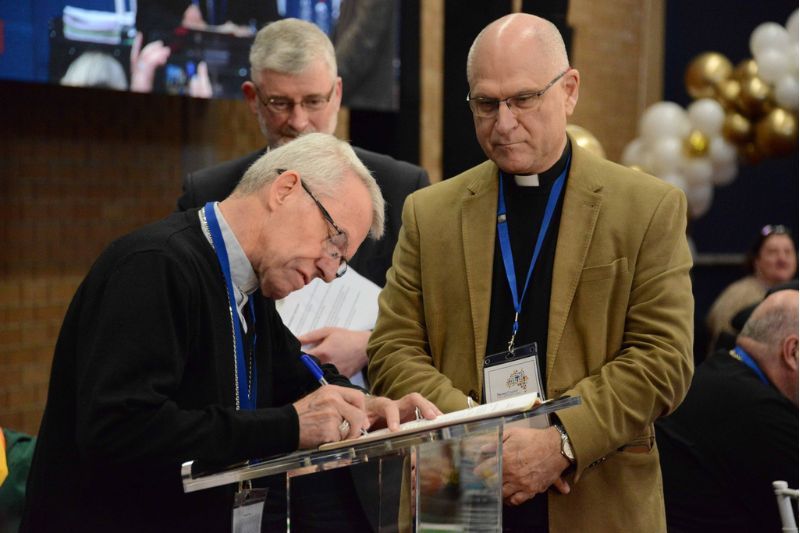
RELIGION
- Geraldine Doogue
- 27 July 2022
7 Comments
What did the Plenary mean exactly, and what is next for the church? Secretary to the Council, Fr David Ranson, offers a rich and bracingly realistic set of observations about the Plenary Council. As secretary, Fr David was deeply absorbed in the lead-up, in the events of the week itself and now in assessing what comes next. He might surprise you with his judgements. They're delivered by a man with an acute sense of Church procedures but also with an eye to possibilities.
READ MORE 
-
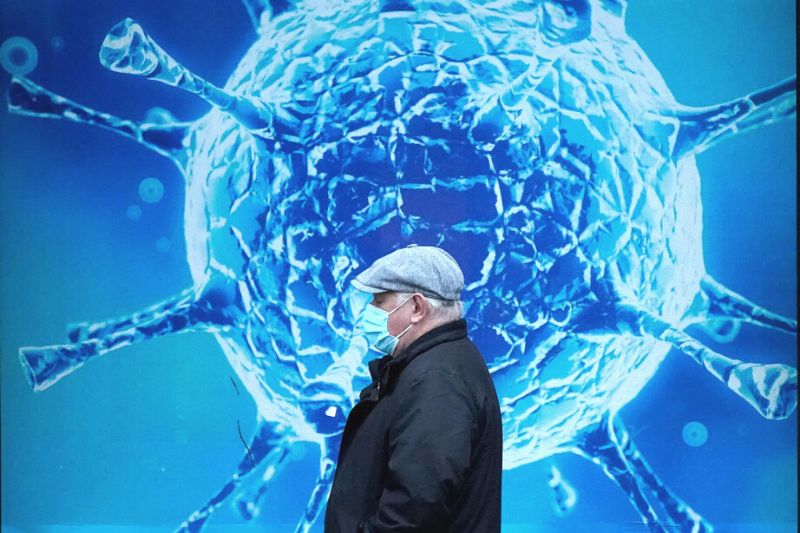
AUSTRALIA
- Andrew Hamilton
- 27 July 2022
2 Comments
Over recent weeks many people have expressed alarm and despondence at the rising number of infections and deaths from COVID. Just as we were enjoying freedom from restrictions we found ourselves encouraged to work from home if possible and to wear masks. The crisis and the recommendations recall the first onset of COVID in Australia. Yet the response of Governments is much less forceful. The differences between the responses and the reasons for them merit reflection.
READ MORE 
-
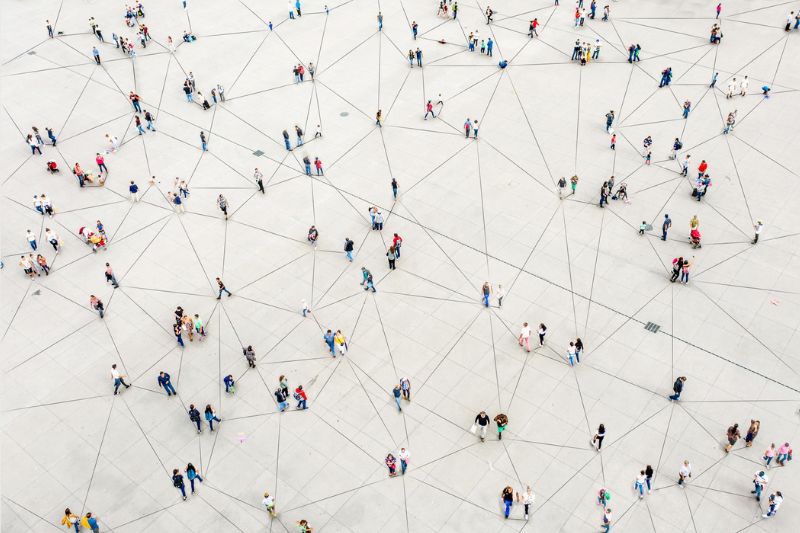
AUSTRALIA
- Andrew Hamilton
- 21 July 2022
One of the tests by which we can judge political maturity is whether it gives due weight to complexity. It is easy to reduce political conversation to opposed statements between which we must choose. That will sometimes be appropriate. Often, however, discussion of policy raises several different questions, each of which needs to be considered.
READ MORE 
-
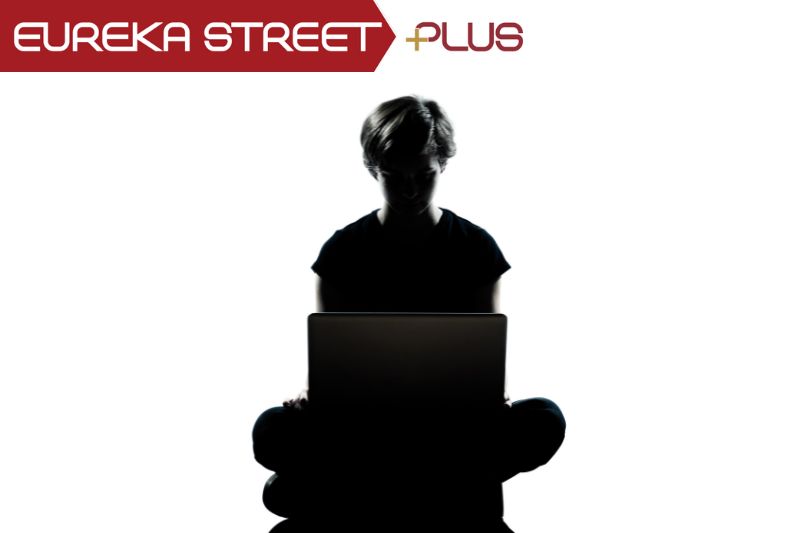
AUSTRALIA
- Melinda Tankard Reist
- 20 July 2022
2 Comments
Exposure to pornography has been linked to an increase in in sexually aggressive behaviour and adolescent dating violence. This mass, industrial-level grooming of our young is causing lasting damage to their social and sexual development and leading to even more women and girls being viewed as less human.
READ MORE 
-
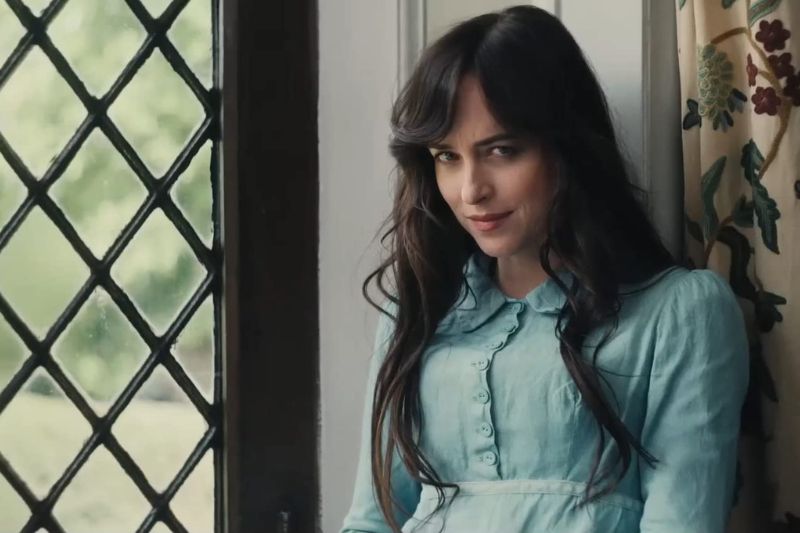
ARTS AND CULTURE
- Juliette Hughes
- 14 July 2022
4 Comments
History is on my mind at the moment, all because of yet another awful Austen adaptation. The latest cinematic mud-pie thrown at her in the new Persuasion movie may even be the worst one yet, which is something, because there’s a lot of competition. Who can forget Gwyneth Paltrow in the 1995 Emma driving a carriage in a yellow ball gown as though she were doing the time trial in Top Gear?
READ MORE 
-
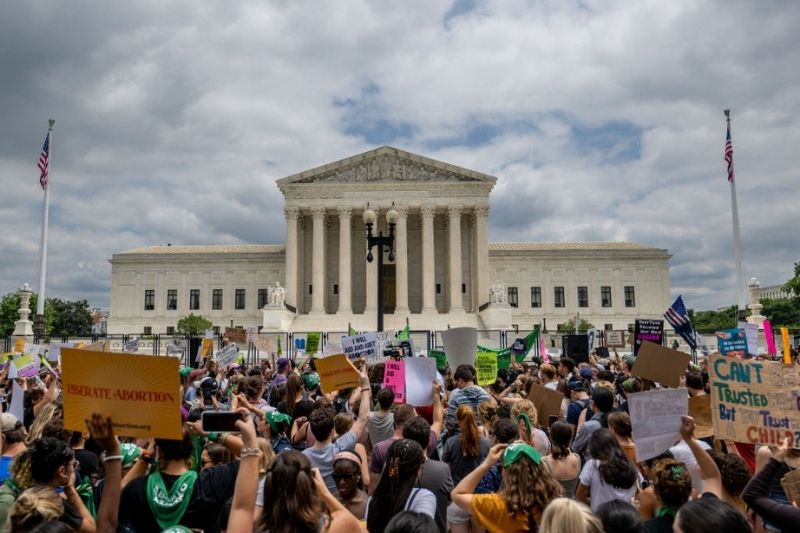
INTERNATIONAL
- Chris Middleton
- 05 July 2022
17 Comments
The overruling of the Roe v Wade decision by the Supreme Court in the Dobbs decision marks a significant moment in the abortion debate, while highlighting the deep fissures in America’s body politic. Despite the fact that the Supreme Court ruling had been foreshadowed months ago, the shock has been real.
READ MORE 
-
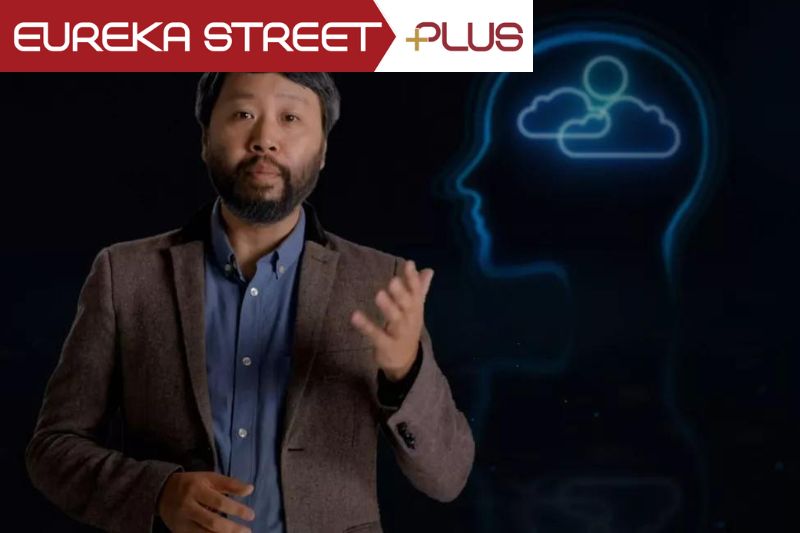
MEDIA
- David Halliday
- 28 June 2022
1 Comment
Every day is a battle waged for our attention. Last week, I watched an episode of a new ABC series Our Brain on the nature of consciousness and the effect our tech lifestyle is having on our intelligence. Although painful at times, the revelations from Our Brain ring true. The most incisive perhaps is the degree to which social media has been successful in capturing our attention.
READ MORE 
-
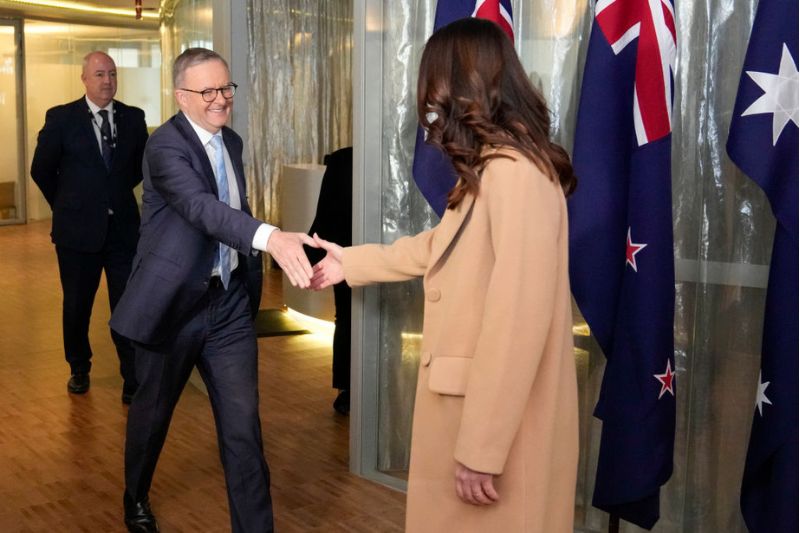
AUSTRALIA
- Andrew Hamilton
- 23 June 2022
7 Comments
Since the Federal Election one of the most refreshing features has been the new Prime Minister’s connection with people. Whether it is shown by riding a bamboo bicycle with the Indonesian President, expressing sympathy for the Nadesilingam family for their prolonged ordeal before returning to Biloela or agreeing with Jacinda Ardern, herself a model of public empathy, about the unreasonableness of expelling to New Zealand people who had never lived there, his actions displayed a readiness to listen and to enter the experience of other people.
READ MORE 
-
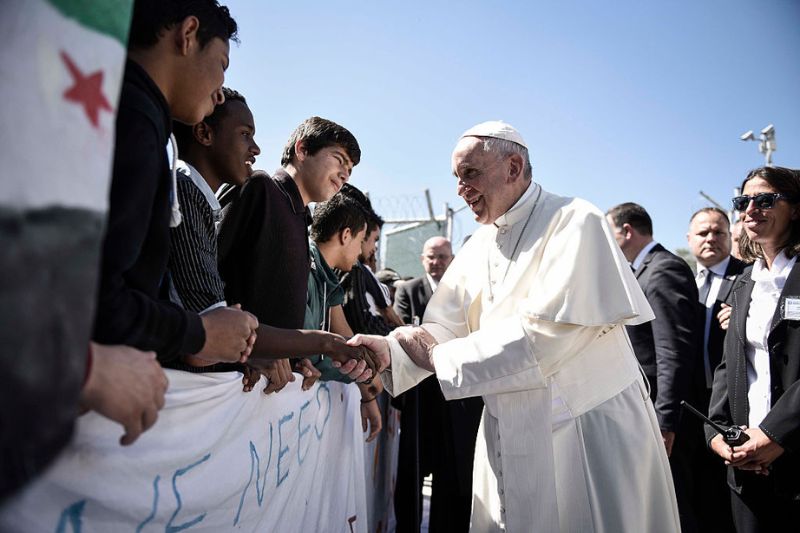
RELIGION
- Bruce Duncan
- 21 June 2022
3 Comments
Some 278 Catholic bishops, clergy, religious personnel and lay people will meet as members of an unprecedented Plenary Council during 3-9 July to finalise the resolutions of their first assembly last year. However the May working document ‘Framework for Motions’, despite much worthy content, especially on Indigenous affairs, relies on a narrow notion of mission overly focused on inner-church issues at the expense of the wider social engagement that Francis emphasises.
READ MORE 
-
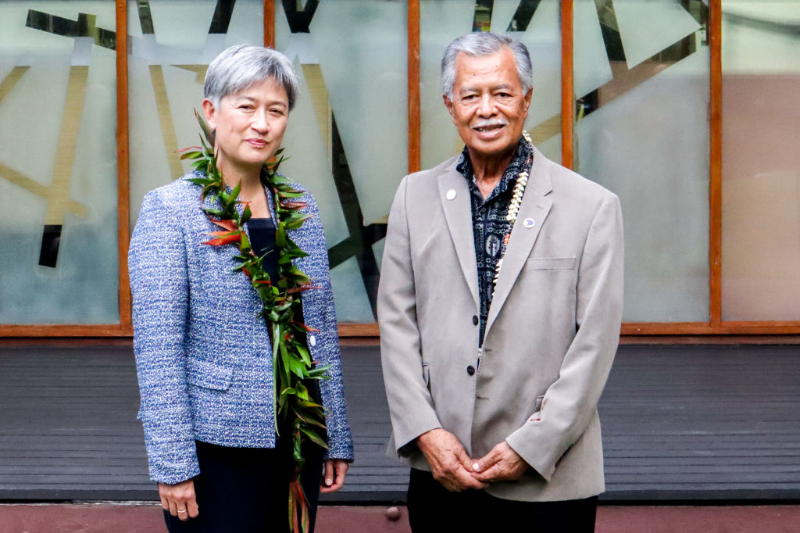
INTERNATIONAL
The Asia Pacific region has some of the world’s poorest and most disadvantaged communities. Supporting our regional family through increased aid and development will be important, but so too is the respect we show to the leaders of those nations which surround us.
READ MORE 
-
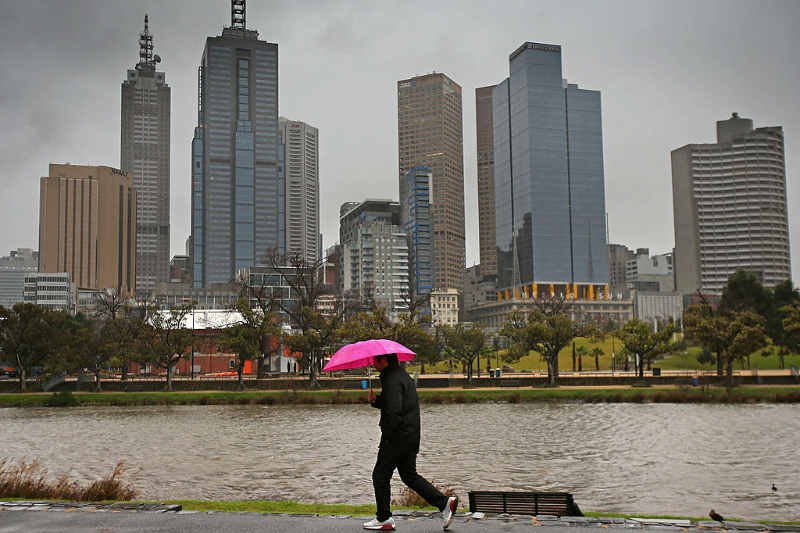
ARTS AND CULTURE
- Andrew Hamilton
- 24 May 2022
1 Comment
Next week we officially enter winter. The associations of winter are largely negative. They mourn the loss of the summer that has passed. For that reason it may seem incongruous that winter should begin immediately after a Federal Election campaign that ended with the excitement of the people’s choice of a new Government. The potential for a new beginning might fit better with spring.
READ MORE 